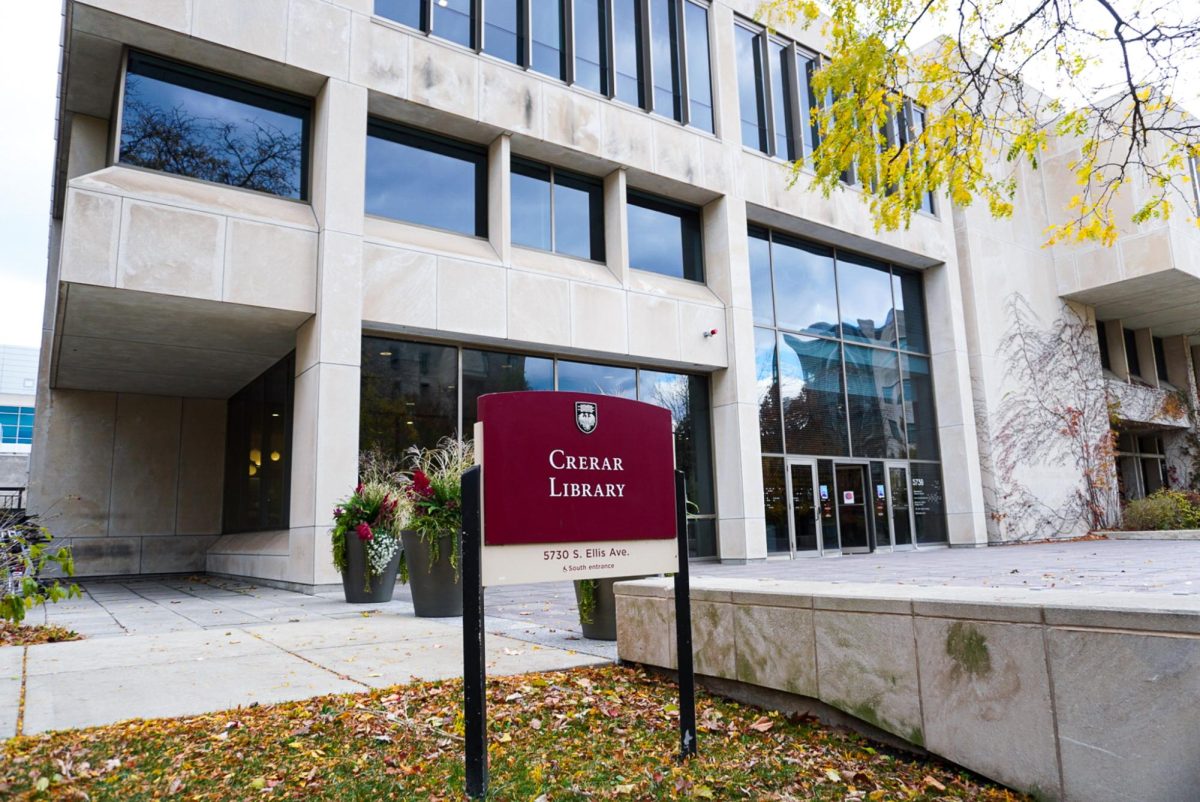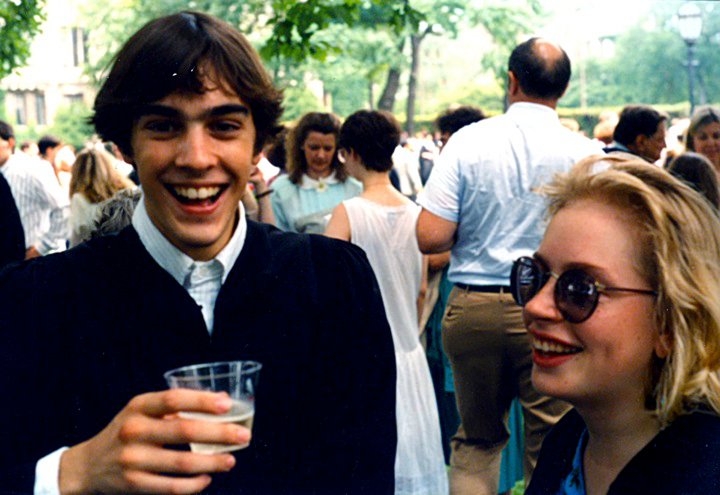University of Chicago students departed for winter break under a pall with the news of a suicide–the suicide of a first-year–on the last Thursday of the quarter. Word of the incident spread over the Web, IM and e-mail, and reached the headlines of the student newspapers this week. There is not room here to understand the tragedy itself, but the dialogue in its wake deserves attention.
Some of this dialogue has focused on the apparent frequency of suicides at the University. While one is too many for any institution, it does not constitute a plague; such exaggerated myth-making only encourages the type of atmosphere in which suicides occur. Suggesting that the University of Chicago, as a place, is somehow behind the decision of an individual to take his life ignores the sad but salient fact that suicide is a part of human life and is, to a certain extent, inevitable. Humans have not yet solved the mystery of the act; its causes go beyond mere surroundings. In fact, suicide rates here are lower than in the population at large.
This suggests that the University is actually creating an atmosphere that, to an extent, prevents suicides. In response, then, the best we can do is to examine resources that are doing some good, and to improve them.
Recently the school has emphasized the importance of SCRS (Student Counseling and Resource Service). It is to our credit that we have strengthened our mental health services, and the appointment of Thomas Kramer as its director should give us more confidence in them.
Better counseling is now available to all students, but taking advantage of this resource takes an effort that may seem immense to the depressed or despondent. Having devoted so much energy to SCRS, the University must focus on the other preventative measures that are our best hope for maintaining students’ well-being.
The immediate attention to last quarter’s suicide shows that students are concerned about the issue, and that discussion is bound to follow–on the Internet, over meals, and in the student press. For this discussion to become not only reflective but also preventative, students must be educated in mental health issues, and the outcry last year over the demise of Niteline suggests that peer support is as important to students as professional support.
Resident Heads and Resident Assistants are already well-trained in the recognition of emotional problems, but they cannot be held responsible for all their charges; similarly advisors can be of assistance but have enough responsibilities as it is. This burden is our university’s–everyone’s burden. And while none of us should expect to become well-versed in these issues overnight, a stronger mental health education program can be developed for house meetings, undergraduate and graduate orientation, and other venues.
By educating individual students, we can help students see warning signs in themselves and others. This most recent suicide has shown how mental health can damage an individual and a community, but it has also shown that we have a community that desires to prevent future tragedy. This immense resource should be encouraged to the extent of its abilities.







